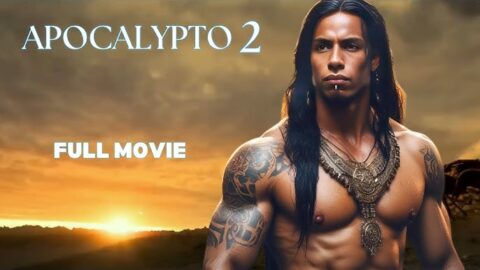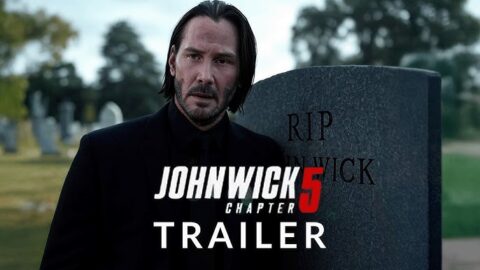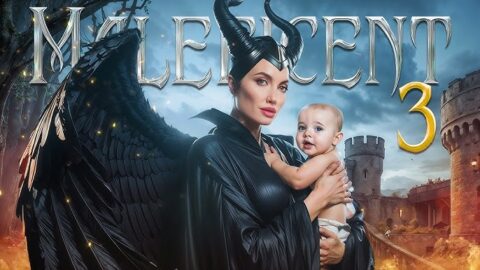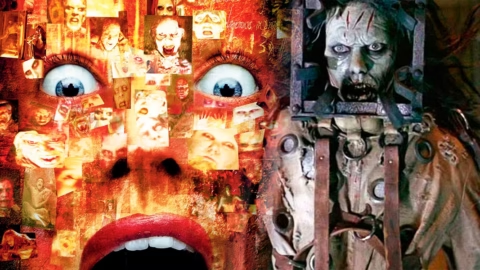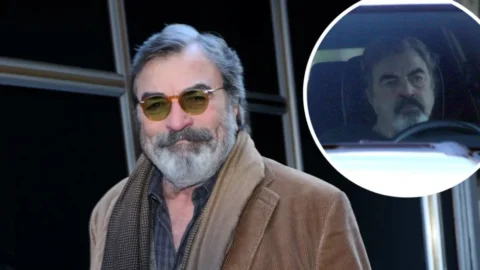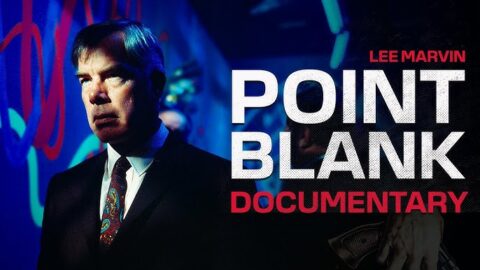Eternal Sunshine of the Spotless Mind (2004) is one of those rare films that feels like it lives in your mind long after you watch it — a cinematic poem about love, loss, and the fragile, beautiful mess of human memory. Directed by Michel Gondry and written by Charlie Kaufman, it remains one of the most inventive and emotionally raw romances of the 21st century.
The story centers on Joel Barish (Jim Carrey, in one of his most quietly brilliant performances), a shy, wounded man who discovers that his free-spirited ex-girlfriend, Clementine Kruczynski (Kate Winslet, vibrant and unpredictable), has had all memories of their relationship erased through an experimental medical procedure. Devastated, Joel impulsively decides to undergo the same treatment — but as the memories begin to fade, he realizes he doesn’t want to let go.

What follows is a mind-bending journey through Joel’s subconscious as he tries to hide pieces of Clementine in the deepest corners of his mind, hoping to outrun the procedure. The film drifts dreamily through memory fragments — from the joy of new love to the bitterness of breakups — all rendered with Gondry’s trademark handmade surrealism: crumbling sets, flickering lights, impossible transitions that mimic how dreams slip and twist.
Carrey’s subdued, vulnerable performance is a revelation, a world away from his usual comedic roles, and Winslet’s Clementine is electric — impulsive, flawed, and utterly unforgettable. Together, they create one of the most complex and real portrayals of modern romance: messy, imperfect, and achingly human.

Beyond its sci-fi premise, Eternal Sunshine asks the deepest questions: If you could erase your pain, would you? And if you did, would the moments of joy still be worth it? It’s a film that understands that love is often worth the heartbreak — that even the memories that hurt shape who we are and what we’re capable of feeling.
The haunting score by Jon Brion, the poetic visuals, and Kaufman’s bittersweet script make this an experience that feels both deeply personal and universal. It’s not just about forgetting — it’s about how we carry each other, even when we try so hard to let go.
WATCH FULL MOVIE:
